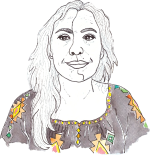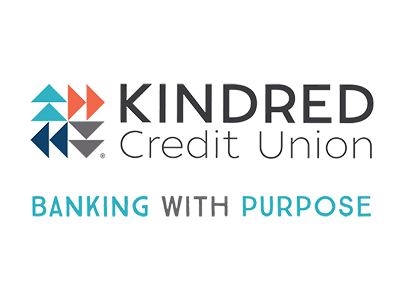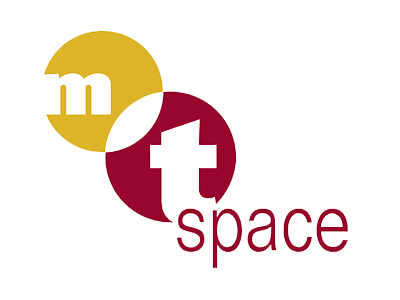The X Page: A Storytelling Workshop
A-N-A
by Georgina Fernandes de Barros

I stand side-by-side with my grandmother as she kneads the sticky yellow dough. Avó—it means grandmother—throws her entire skinny body into the dough, and the table is covered in white from her exertions.
I am four years old, and am on a step stool so that my hands reach the floured surface of the kneading table—the “mesa masseira”. The mesa is cornflower blue—my
grandmother’s favourite colour—and when I picture her, she is wearing a cornflower blue apron, and a patterned scarf to hide her hair from any sudden strangers. My grandmother is tiny, bird-like, and her elbows and knees are wider than their limbs. But she has big, deep-set gray eyes that sparkle with humour.
She makes an excellent “pão de milho”, a regional delicacy. It is an almost spongy bread with a thick brown crust, made of corn flour and rye, and baked in a clay oven. My grandmother is a terrible cook, and her bread is the only exception.
I had been begging my mom to go to school for awhile now, but she said I was too little. As consolation, we would play school at home. While she would make dinner—or generally did other mom things—I would be sat at the kitchen table with a notebook and pencil. She taught me the letters first; pages of “a’s” and then “b’s”. I stumbled through “f”, the hardest letter in Portuguese cursive, and then all the way to “z”.
That accomplished, my mom has taught me how to combine these letters into the names of everyone in my family. Writing everyone’s name down on paper makes me
feel like a wizard, like I have access to their power by having access to their names.
Empowered now by this knowledge, I dip my finger into the flour on the table and write in big letters: A-N-A. Ana. My avó’s first name.
I wait for her to notice, feeling proud that I know her name, and mischievous for daring to show her I do. But my grandmother continues to knead the dough exuberantly and doesn’t notice.
This simply will not do. “Look, avó.” I point to her name.
She looks over briefly, and does not react. “Oh? Did you draw a little picture, child?”
I shake my head. I have forgotten—my grandmother never learned how to read or write; she is illiterate. “No, avó, it’s your name. A-N-A. Ana.”
Here my grandmother stops. Her arms are full of flour, and her eyes are full of wonder.
“What?” she says. “It is? You can write?” Then she raises her voice: “Velho! Anda cá! Come see what your granddaughter did!”
My grandfather comes into the kitchen slowly, to remind my grandmother that he chooses to come. My grandfather is tall, with snowy hair, and watery cornflower-blue eyes. A hand-rolled cigarette sticks out from between his lips.
My grandmother points to the mesa excitedly. “Look!” she says. “Can you read that?”
My grandfather moves over and squints down at the letters in the flour. He can read a little, but he is out of practice, so it takes him a moment. When he recognizes the word, he turns to me in surprise.
“You wrote this, girl? You can write?” he says.
I almost fall off the stool with excitement as I say, “I can write your name too!”
I trace six more letters on the table. M-A-N-U-E-L. Manuel.
“That’s my name!” my grandfather tells my grandmother. He chuckles then, a low smoker’s rumble from his chest like he is mixing gravel somewhere in his solar plexus.
My grandmother’s voice sounds awed as she speaks, “Isn’t that something? Here I am, an old woman who can’t even write her own name. And you are four years old, and already ahead of me.”
I stare up at both of them, at their shining faces, and I am overjoyed to have made them so proud.







